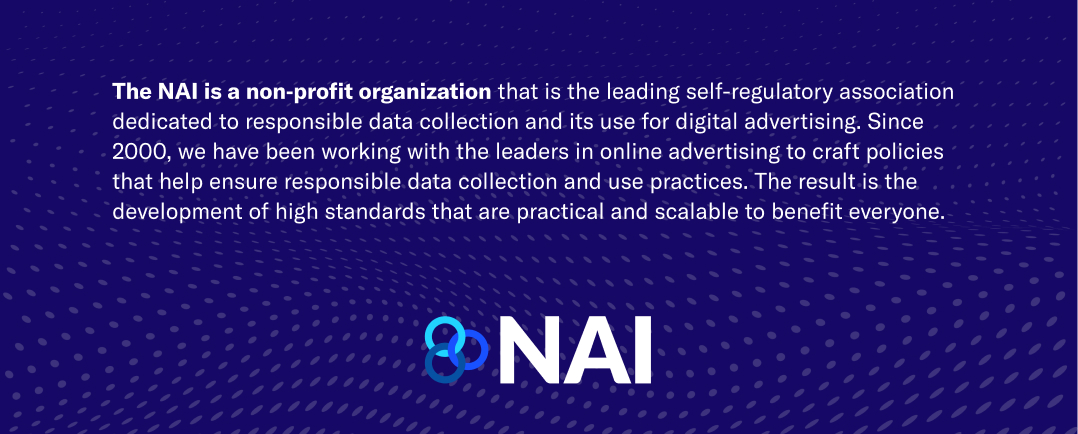The NAI Issues Statement on California’s Enactment of AB 566
WASHINGTON, D.C. (October 9, 2025) – Yesterday, California Governor Gavin Newsom signed AB 566, a law requiring all web browsers to provide opt-out preference signals. In response, NAI President and CEO, Leigh Freund, provided the following statement.
“While the NAI supports easy to use consumer controls, I’m disappointed that California is mandating browser-based opt-out preference signals without safeguards to ensure that those signals represent authentic, valid consumer choices. Browsers are the gateway to the free and open internet, and browser-based signals should be free of anti-competitive default settings that unfairly disadvantage ad-supported businesses.
“The California Consumer Privacy Act (CCPA) requires that the California Privacy Protection Agency (CPPA) develop regulations to properly implement these signals, but the CPPA has not yet provided such protections. Without these critical guidelines, which are also mandated by other state privacy laws, we could see a proliferation of opt-out signals across the digital ecosystem that are a result of default-on implementations and don’t represent a user’s true intent to opt-out, which would cause confusion across the marketplace and a lack of trust in all browser-based consumer opt-out signals.
The NAI supports and promotes easy-to-use choice mechanisms for consumers, including the use of opt-out preference signals. To that end, the NAI recently released a Global Privacy Control (GPC) browser extension to help consumers exercise their rights to opt out of targeted advertising and sales of their personal data under the CCPA and other state privacy laws.
The NAI strongly urges the CPPA to develop the necessary regulations to provide trust in user choice signals across the digital marketplace.”
###
MEDIA CONTACT:
Kate Cox-Nowak
media@networkadvertising.org





